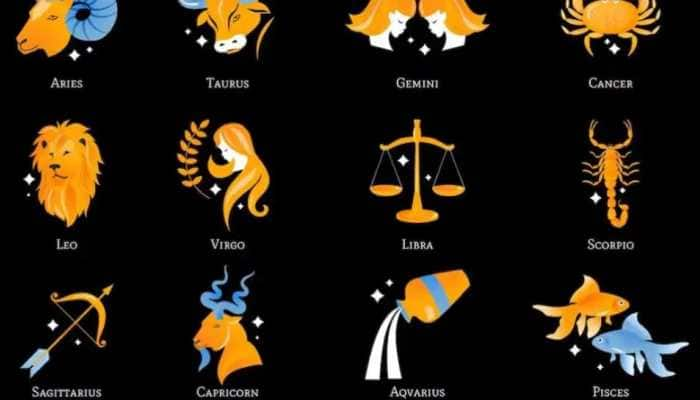Birsa Munda: The Tribal Hero Who Led An Uprising Against The British Empire
The British were alarmed by the growing popularity and strength of Birsa Munda and his followers. They deployed a large army to crush the rebellion, which came to be known as the Ulgulan (Great Tumult) or the Munda Rebellion.
Trending Photos
)
New Delhi: He was born in a humble tribal family in the late 19th century, but he rose to become one of the most influential leaders of the Indian freedom struggle. He was Birsa Munda, a member of the Munda tribe of the Chhota Nagpur Plateau, who led a fierce rebellion against the British colonial rule and the Christian missionaries in the Bengal Presidency (now Jharkhand).
Birsa Munda was born on 15 November 1875, at Ulihatu village in Ranchi district. He received his early education from a local teacher, Jaipal Nag, who converted him to Christianity and enrolled him in a German Mission School. However, Birsa soon realized that the missionaries were trying to erase his tribal identity and culture, and he left the school. He returned to his native faith and started a new sect called Birsait, which attracted many Mundas and Oraons. He preached against the British oppression and the missionary conversion, and urged his followers to reclaim their ancestral lands and rights.
Why Birsa Munda Is Hailed As 'Bhagwan'?
Birsa Munda was influenced by the 'Sardars movement', a tribal uprising against the British land policies and taxes, which he witnessed in Chaibasa. He joined the movement and became a charismatic leader, mobilizing thousands of tribals under his banner. He also claimed to have divine visions and miraculous powers, which earned him the title of Bhagwan (God) among his devotees.
Rebellion Against British Forces
Birsa Munda launched a series of guerrilla attacks on the British forces and their collaborators, targeting police stations, churches, railways, and factories. He also formed a tribal government and declared himself the king of his domain. He aimed to establish a Munda Raj, a self-governing tribal state, free from the British and the dikus (outsiders).
The British were alarmed by the growing popularity and strength of Birsa Munda and his followers. They deployed a large army to crush the rebellion, which came to be known as the Ulgulan (Great Tumult) or the Munda Rebellion. The British army faced stiff resistance from the tribal warriors, who fought with bows, arrows, axes, and swords. The rebellion lasted from 1899 to 1900, and spread across several districts of Jharkhand.
Birsa Munda's Mysterious Death
Birsa Munda was arrested by the British on 3 March 1900, while he was sleeping with his guerilla army at Jamkopai forest in Chakradharpur. He was taken to Ranchi jail, where he died on 9 June 1900, at the age of 25. The British claimed that he died of cholera, but many believe that he was poisoned or executed by them.
Birsa Munda’s death did not end his legacy. He became a symbol of tribal pride and resistance, and inspired many other freedom fighters and social reformers. His portrait hangs in the Indian Parliament Museum, and several institutions, places, and schemes are named after him. The state of Jharkhand was created on his birth anniversary in 2000, and his birthday is celebrated as the Tribal Pride Day. Birsa Munda is revered as a folk hero, a religious leader, and a national icon by millions of Indians, especially the tribals.
Stay informed on all the latest news, real-time breaking news updates, and follow all the important headlines in india news and world News on Zee News.
Live Tv







)
)
)
)
)
)
)
)
)
)
